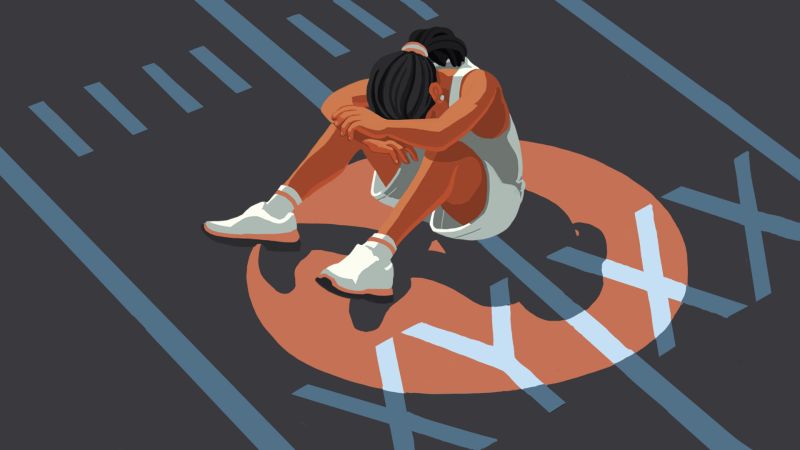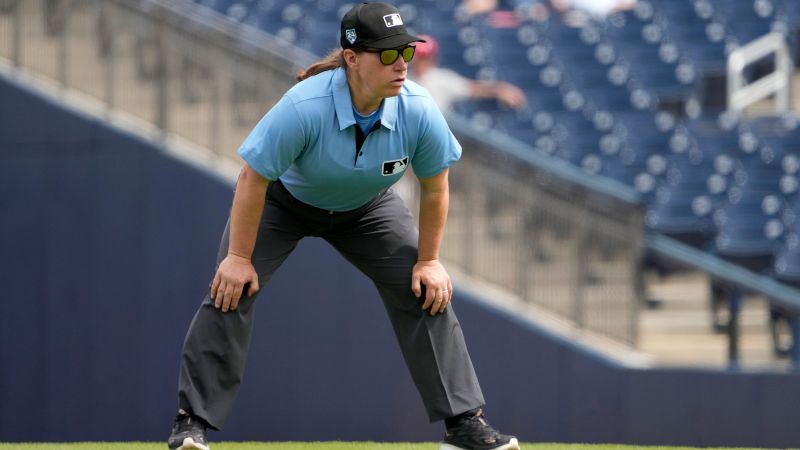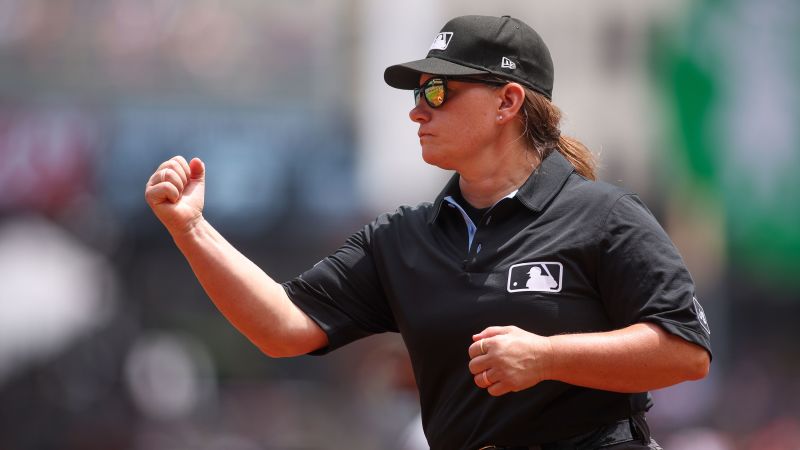
The Debate Over Sex Testing in Sports: Balancing Fairness and Rights
Opinion | 9/18/2025
Human rights advocates have raised concerns over the practice of sex testing in sports, highlighting issues faced by athletes like Ugandan middle-distance runner Docus Ajok. The debate surrounding the fairness and implications of sex testing in sports has garnered attention globally. Ajok’s aspiration to become an Olympic champion has been marred by the scrutiny and challenges associated with sex testing protocols.
Sex testing in sports has been a contentious issue, often resulting in athletes being harmed, outed, and scrutinized. The process of determining an athlete’s eligibility based on their biological sex has faced criticism for its impact on individuals’ privacy and rights. Advocates argue that such testing can lead to invasive procedures and psychological distress for athletes, affecting their careers and well-being.
Commenting on the issue, a human rights expert emphasized the importance of upholding athletes’ rights and dignity in the context of sex testing. The debate over the necessity and fairness of such practices continues to be a topic of discussion within the sporting community and among human rights organizations. The complexities of balancing competitive integrity with individual rights remain at the forefront of these conversations.
While some argue that sex testing is essential to ensure a level playing field in sports, others contend that it perpetuates discrimination and poses significant ethical challenges. The intersection of gender identity, human rights, and athletic competition underscores the need for a nuanced and rights-based approach to addressing these complexities. As the conversation evolves, finding a balance between safeguarding fair competition and respecting athletes’ rights will be crucial in shaping the future of sex testing in sports.


